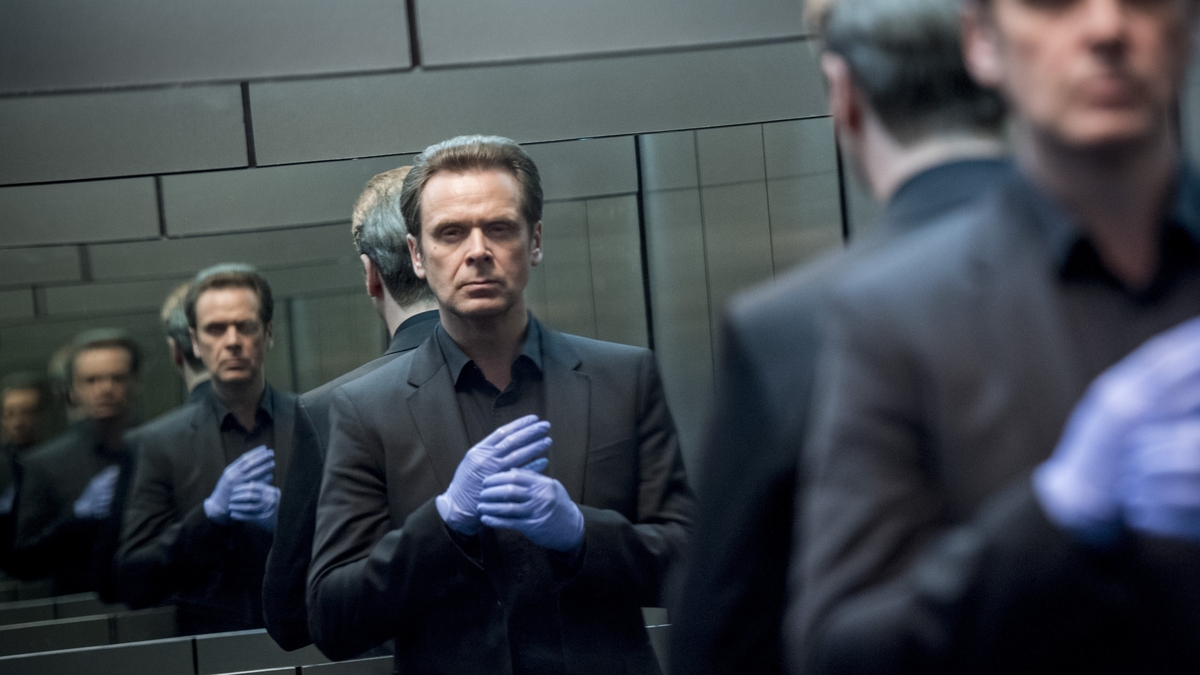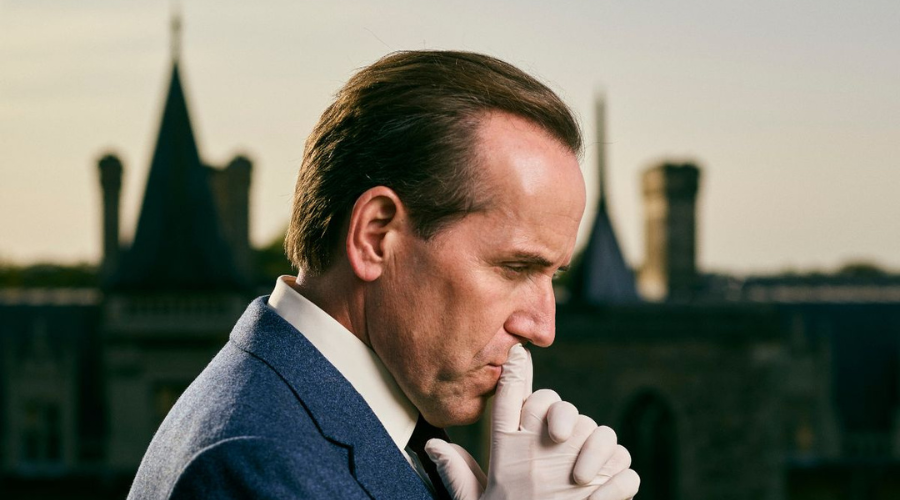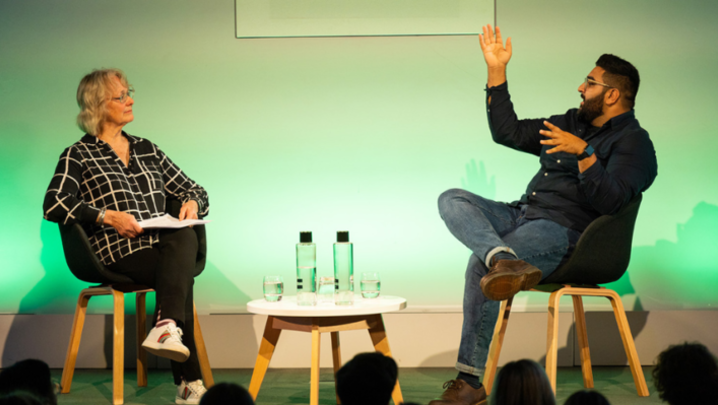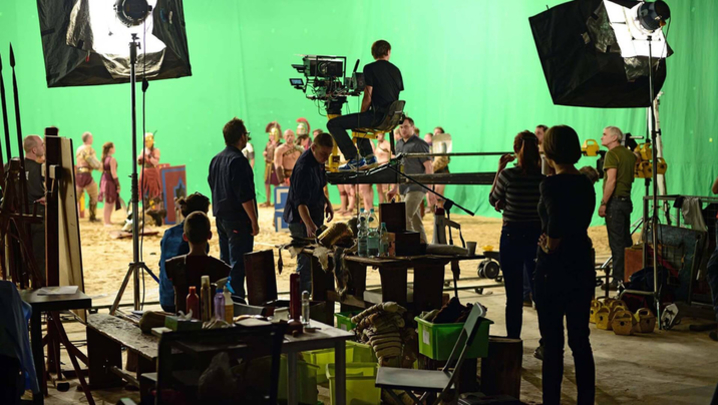Matthew Bell discovers how hit drama series are being successfully adapted for new markets around the world.
In a TV landscape in which demand for new drama outstrips supply, adapting popular shows from abroad is a favoured strategy. It can often be done quickly and cheaply, and can deliver healthy ratings.
The original Swedish version of Before We Die performed respectably when it aired in the UK, averaging 300,000 viewers across its first series on All 4’s foreign language VoD service, Walter Presents.
Writer Matt Baker recalled these figures at an RTS London event last month. He went on to note that the audience for his English-language adaptation of the show on Channel 4, starring Lesley Sharp, topped 4 million.
Fellow panellist Sumi Connock, creative director for TV formats at BBC Studios, where she distributes 300-plus titles around the world, identified why adaptations can be so lucrative: “Speed, cost, [and] you can make it more relatable for the audience if it’s set in your own country.
“People want to watch their own stars…. If you can reimagine it and bring a big name to it, then that’s going to drive audiences to your platform.”
She added that proven success elsewhere reassures broadcasters that want “to feel they’re reducing their risk when they’re putting a lot of money on the table”.
Baker agreed: “The truth is, with certain types of drama, and I’m thinking particularly of crime procedurals, the development process is just much quicker – you’ve got the framework, the outline of the story.
“You are starting from several rungs up the ladder if you’ve got a usable structure in place, which you can tweak and develop and adapt rather than… staring at a blank sheet of paper.”

Baker worked in corporate communications, most notably for Channel 4 and Viacom, before taking up the pen. “I’m one of these lockdown pandemic stories. I used [it] to… do what I’d always wanted, which is to write professionally,” he revealed.
He made his debut on ITV’s remake of the Belgian crime series Professor T, then moved on to Before We Die, and has subsequently created an original drama, the BritBox series Hotel Portofino.
Is there a secret to a successful adaptation? “A universal theme or story is pretty crucial,” said Connock. “I think an adaptation is all about staying true to the core DNA of the story.
But, she added, “localisation” is needed to “make [a drama] feel culturally relevant to, and connect with, the audience”.
As an example, she offered Doctor Foster, Mike Bartlett’s BBC One drama about infidelity, an obviously universal theme, starring Suranne Jones and Bertie Carvel. The show has been remade in 10 territories, albeit in different forms – in the Philippines, the two BBC series were transformed into a daily soap, The Broken Marriage Vow, which ran for 107 20-minute episodes.
Singapore-based Sabrina Duguet, EVP for Asia-Pacific at All3Media International, emphasised that the demand for drama “is higher than the supply in a lot of countries”.
She has sold the format of ITV drama Liar, which starred Joanne Froggatt as a teacher who has been raped, around the world, notching up 11 adaptations so far, including in Italy, Spain, Germany, Malaysia and India.
Duguet added that an adaptation “needs to add something to the story”, framing the key question as: “Why would an audience want to watch a local version more than the international version?”
Marianne Furevold-Boland, now the head of drama at Norwegian public broadcaster NRK, produced the real-time teen drama Skam (Shame), a huge hit in Norway that addressed sensitive issues such as sexual abuse. It has been adapted eight times internationally, including in the US as SKAM Austin, where it is broadcast on VoD service Facebook Watch.
She said it was “overwhelming how it has been embraced by the whole world. I think it’s because it has a core storyline that resonates with us all… regardless of borders and culture. It shows us that we human beings are much more alike than we might think.”

It is widely accepted in TV circles that reboots of sitcoms don’t work as well as those of drama series. For every success in the US such as The Office, there are many failures – Gavin & Stacey, Absolutely Fabulous, The Inbetweeners and The Vicar of Dibley – in which quirky/puerile (delete according to taste), defiantly British humour has died on its feet.
“Normally, it’s hard for comedy formats to travel, but we’ve done three big US adaptations,” said Connock: Call Me Kat (Miranda in the UK) and Welcome to Flatch (This Country) for Fox, and Ghosts for CBS.
With comedy, she continued, there is “a delicate process between sticking with the original and allowing the show runners room to manoeuvre”. Ghosts retains some of its original British roles, but adds US-specific characters, said Connock, including “a prohibition-era jazz singer and a disgraced Wall Street trader”.
And, of course, the US does comedy at volume. The season of Ghosts in the US runs to 18 episodes, as opposed to six in the UK. The Office, which ran to 14 episodes in the Ricky Gervais original, was expanded to 201 in the US.
Baker identified the combination of “a weird mix of confidence and humility” as the key attributes for an adapter.
“You have to have the confidence that you know the local audience better than the original creators… do. That’s why you’ve been hired and that’s what gives you licence to change and adapt the material,” he said.
“You also need humility – you need to know when something works and it can’t be improved. At the end of the day, adaptations are the same as original dramas – they depend on the same elements: storyline, character, jeopardy, surprise, psychological credibility, relatability. So, you’ve got to retain what works.”
Baker namechecked two successful adaptations, Homeland and Ugly Betty, “which prove, when you get it right, you can have a huge hit on your hands”.
He thinks of an adaptation “as a cover version of a hit song – there’s no point in covering a song if you’re just going to pretty much repeat the interpretation and sound of the original. It has to work in its own right – if it’s a mish-mash of multiple people’s creative visions, it’s more than likely… to fall between two stools.”
The online RTS London event, ‘Lost in translation? Adaptations across borders’, was held on 26 October, chaired by Andrea Esser, professor of media and globalisation, King’s College London and produced by Damien Ashton-Wellman. Watch the full session here.






